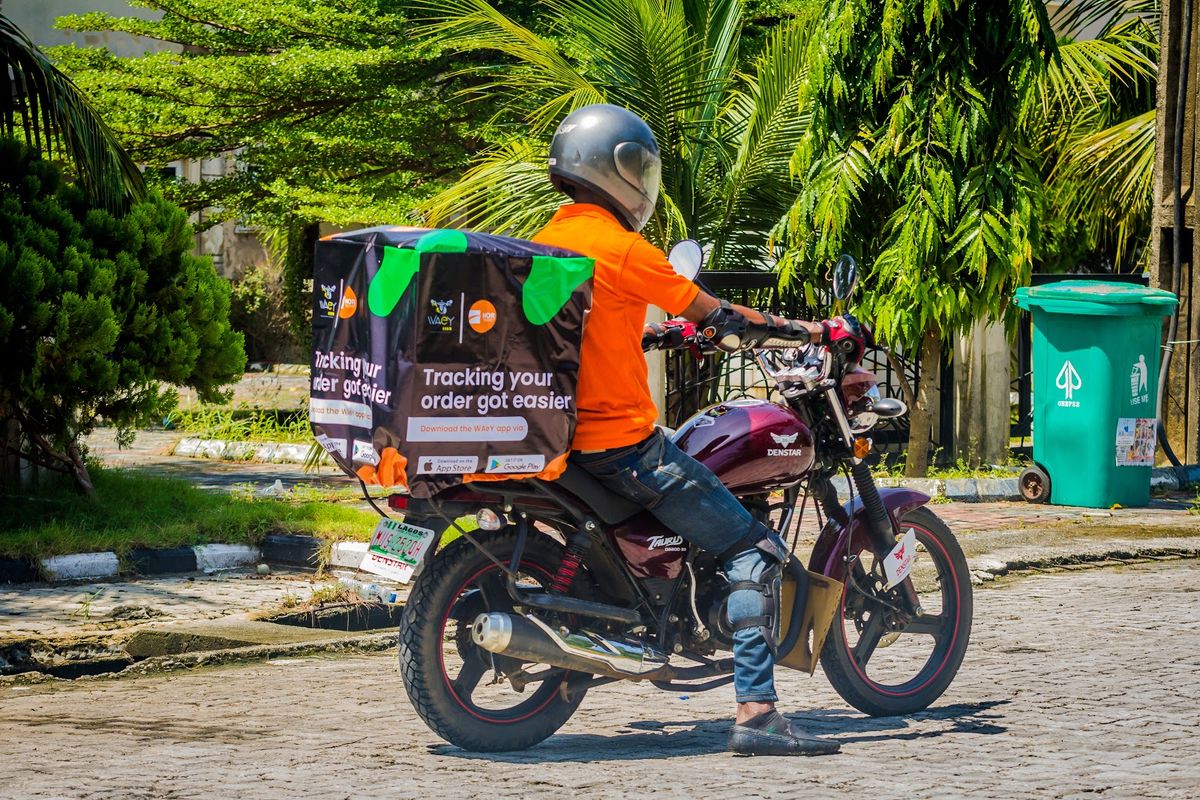How rising cost of fuel is affecting the logistics sector in Nigeria
Rising cost of fuel in Nigeria has led to increase in ride hailing and delivery prices, leading to reduced patronage. What's the way forward?

Since when Nigeria's President, Bola Ahmed Tinubu declared that “the fuel subsidy is gone” during his inauguration speech in May, the cost of fuel across the country has remained on the increase, almost more than double of the initial cost.
The World Bank estimates that there are over 22 million petrol generators lighting up about 26% of all households and 30% of MSMEs in the country.
Unfortunately, fuel powers a large percentage of the country's economy; especially the mobility, logistics and commerce sectors.
Bolt has since increased its minimum fare from from ₦650 to ₦800 in Lagos, and a similar increment across other Nigerian cities; Uber's minimum fare went ₦850 from ₦700 across the country.
Despite the increments, the Amalgamated Union of App-Based Transport Workers of Nigeria have asked Bolt, Uber and other ride hailing companies to review prices upward of 200% and set minimum fares at ₦2000 ($4.30).
Like Bolt and Uber, logistics companies have also had to increase their delivery fees. “The most important part of our business is fuel, without it, we cannot move. With the increase in fuel price, there is an automatic increase in logistics prices; the amount customers will pay for delivery,” says Zainab Sadiku, General Manager of Paralex Logistics.
“A distance that used to cost me about ₦700 has now gone up to ₦1500. Not everyone is willing to pay ₦1000 delivery cost for a food of ₦2000,” a food vendor in Jos, a city in Central Nigeria, told Bendada.com. “And if they can't pick up themselves, it means they will have to look for an alternative close to them to buy from.”
“I had to cancel an order for food, because of the increase in delivery fee, paying ₦1,500 for delivery is a lot,” Bukola Adegbesan, a Nigerian student, said.
A possible alternative to this hike will be the introduction of electric vehicles for delivery by logistics startups but the lack of steady power supply poses a challenge, as they will have to depend on fuel-powered generators. “Amidst this, we are optimistic. Our company is grounded on building resilience in uncertain times, and it’s our mission to bring efficiency to the logistics industry by leveraging technology,” says Seun Alley, CEO and Co-Founder of Fez Delivery.
What innovations are logistics startups like Fez Delivery, Kwik Delivery and Gokada building to ensure efficiency for customers and also sustain their businesses?






